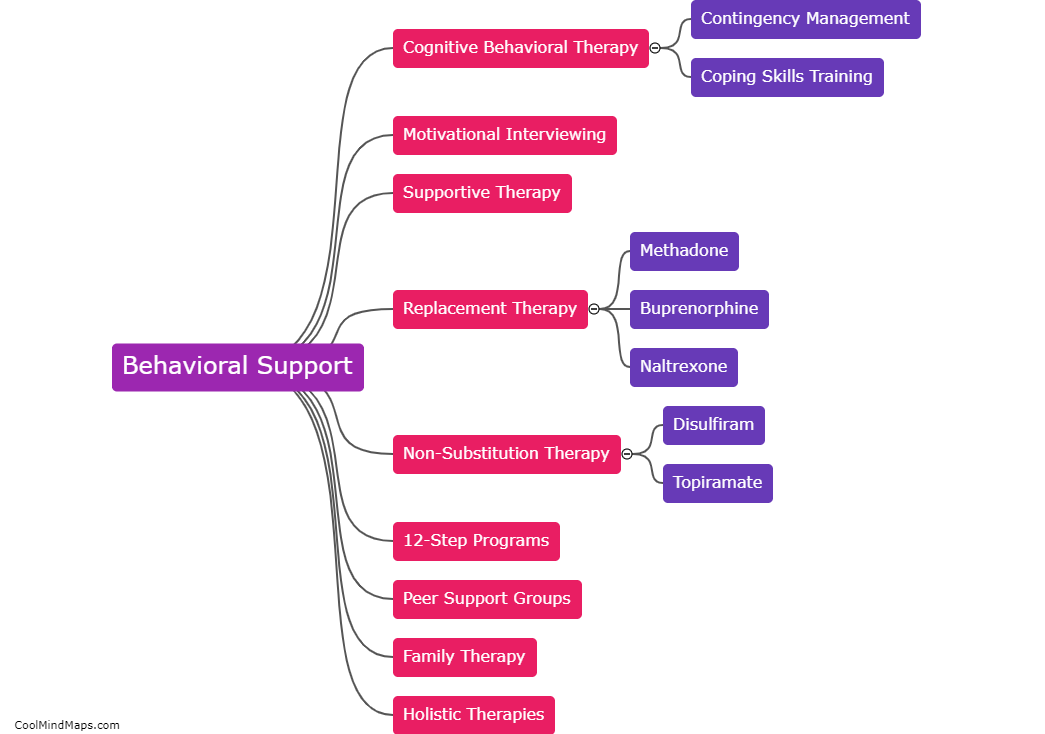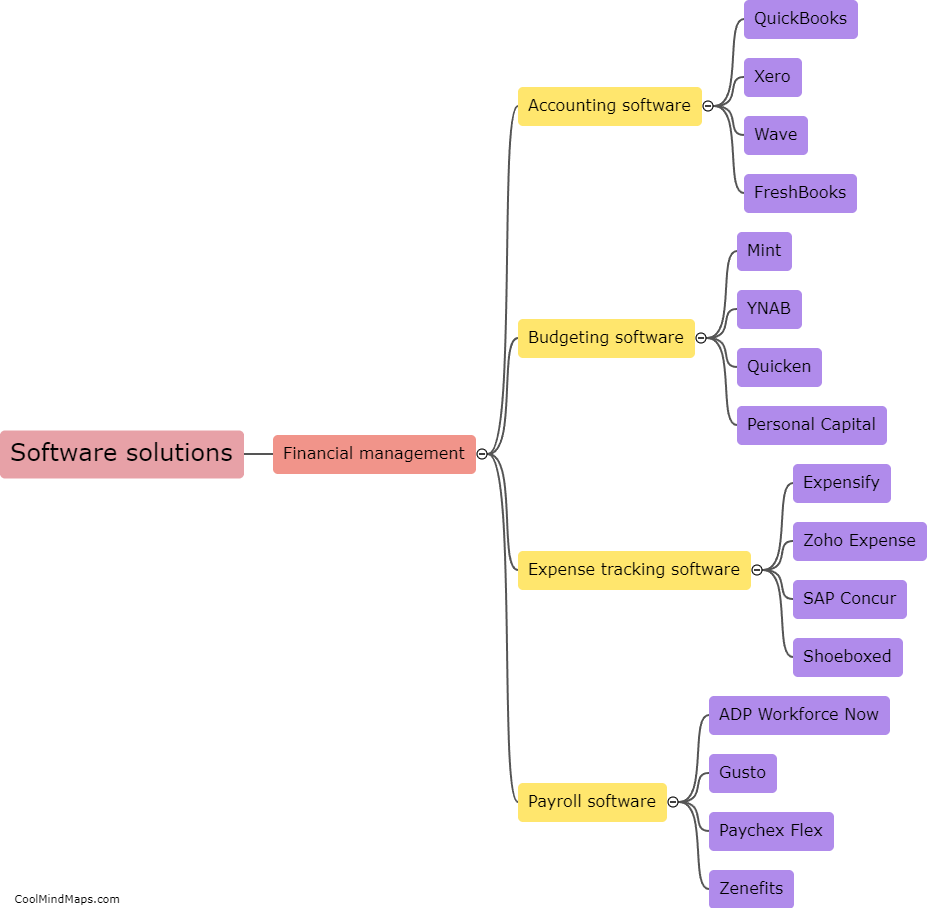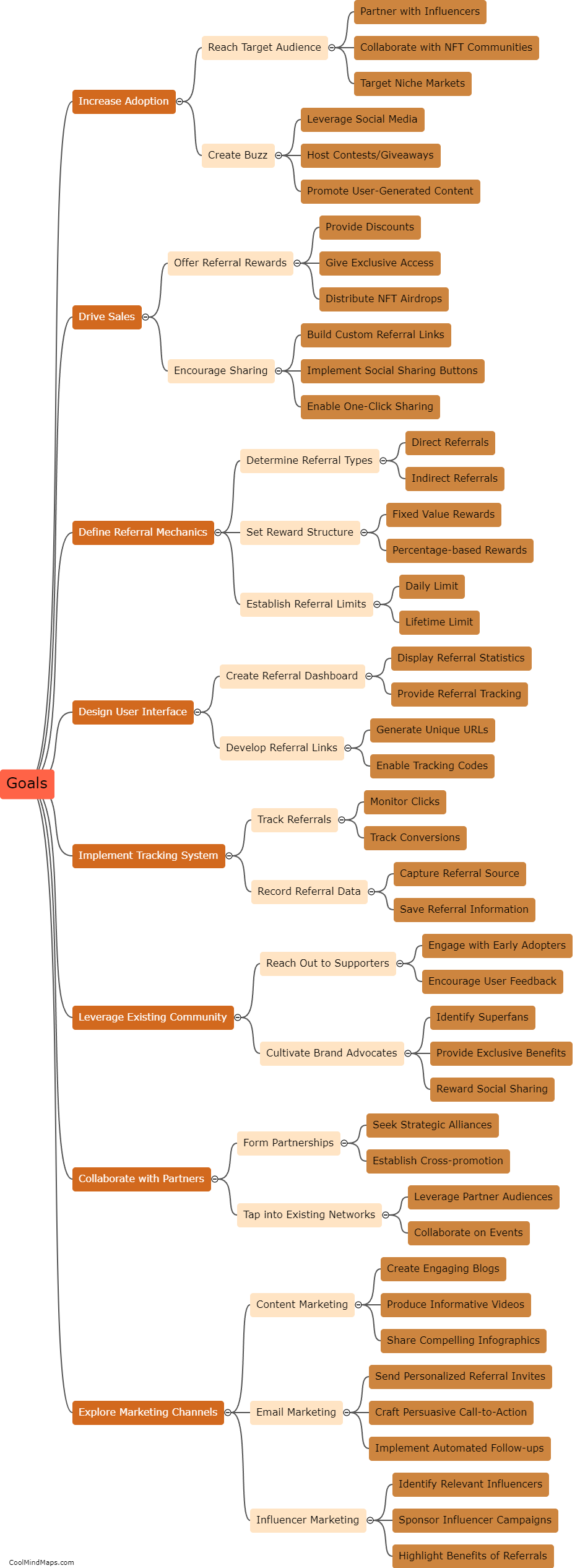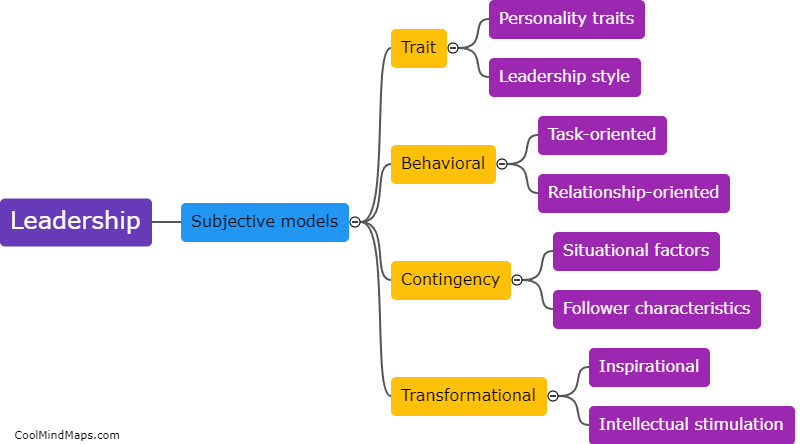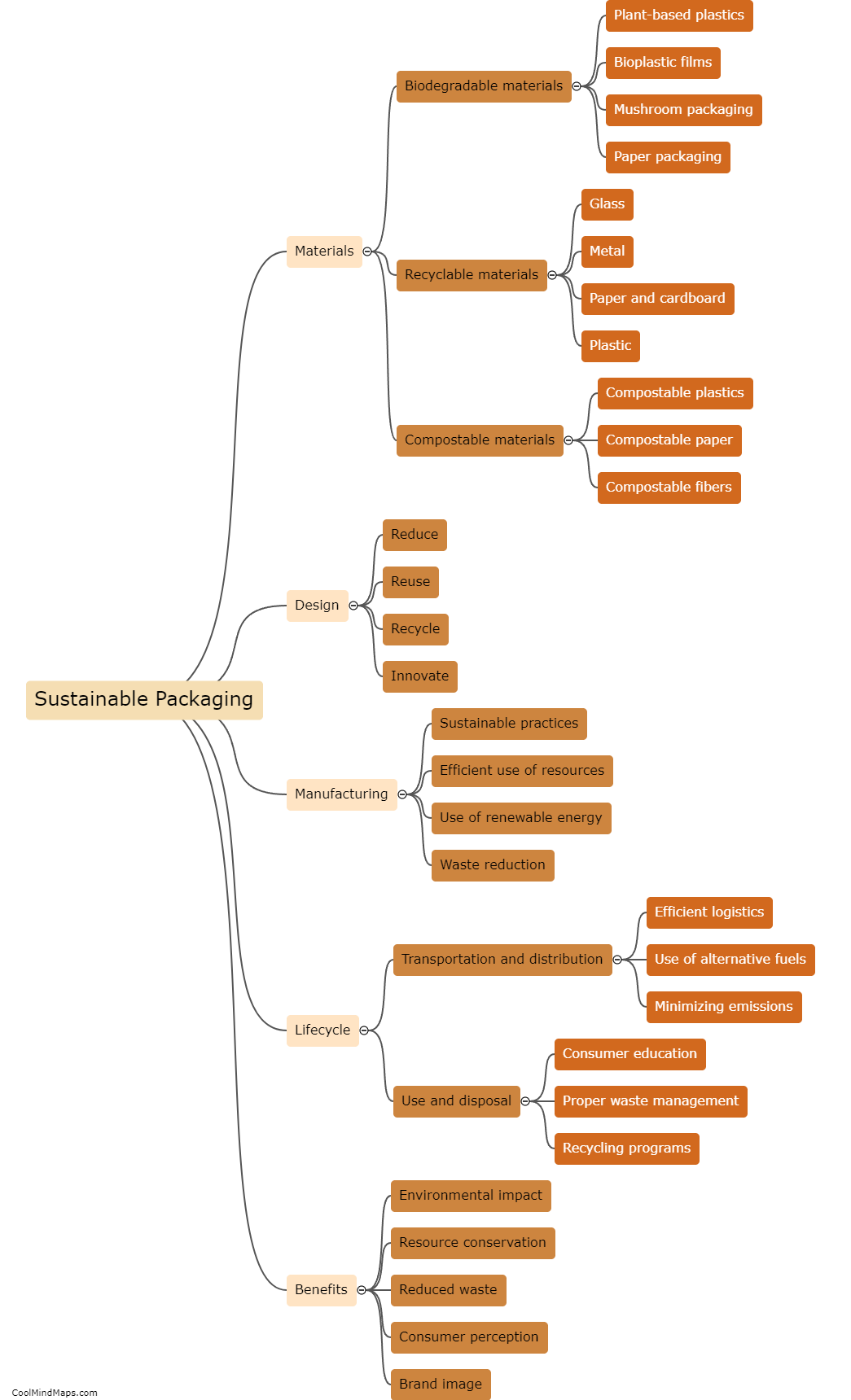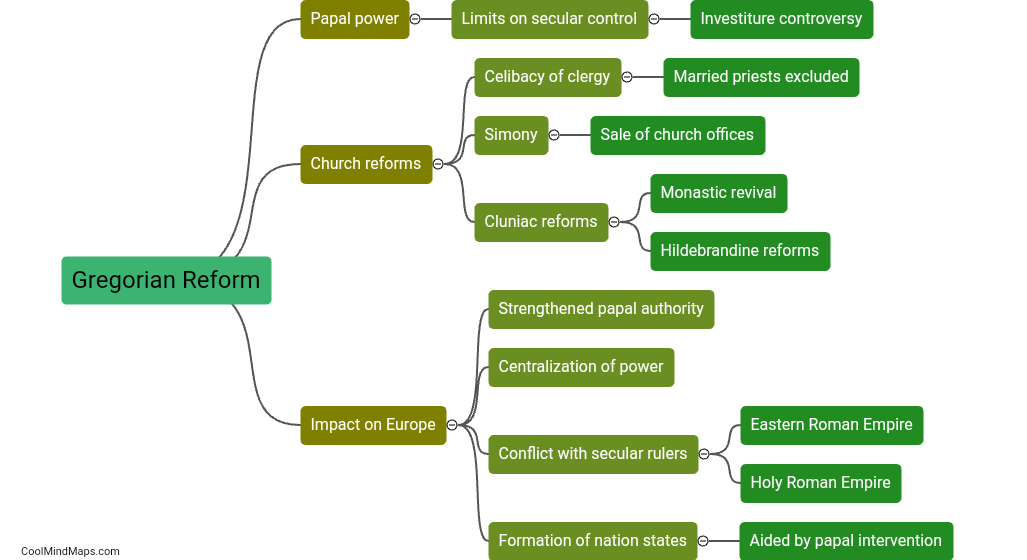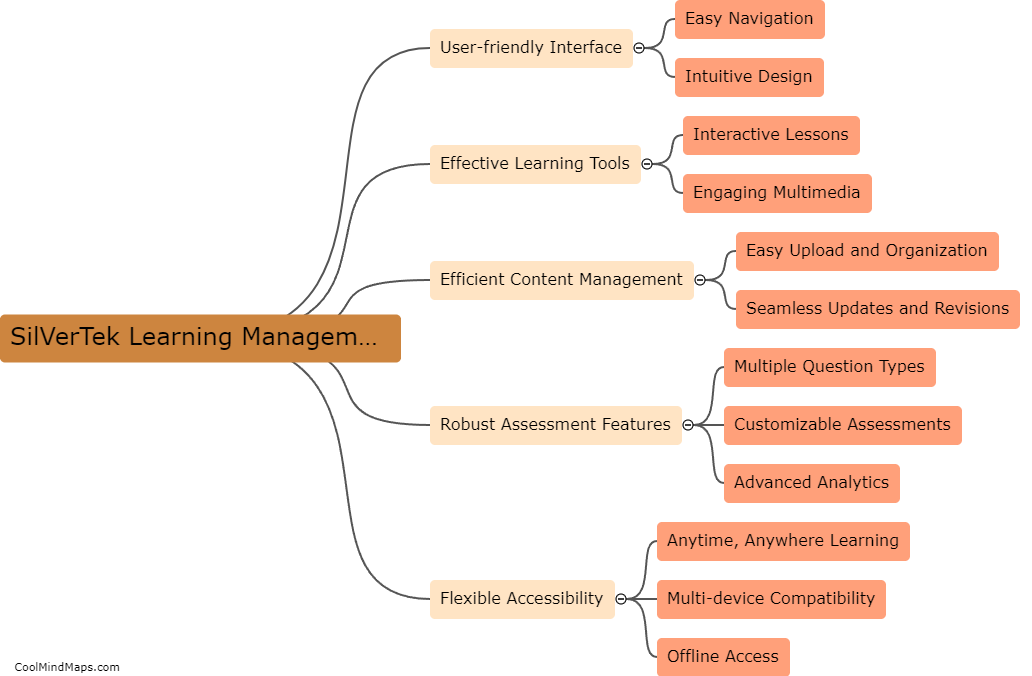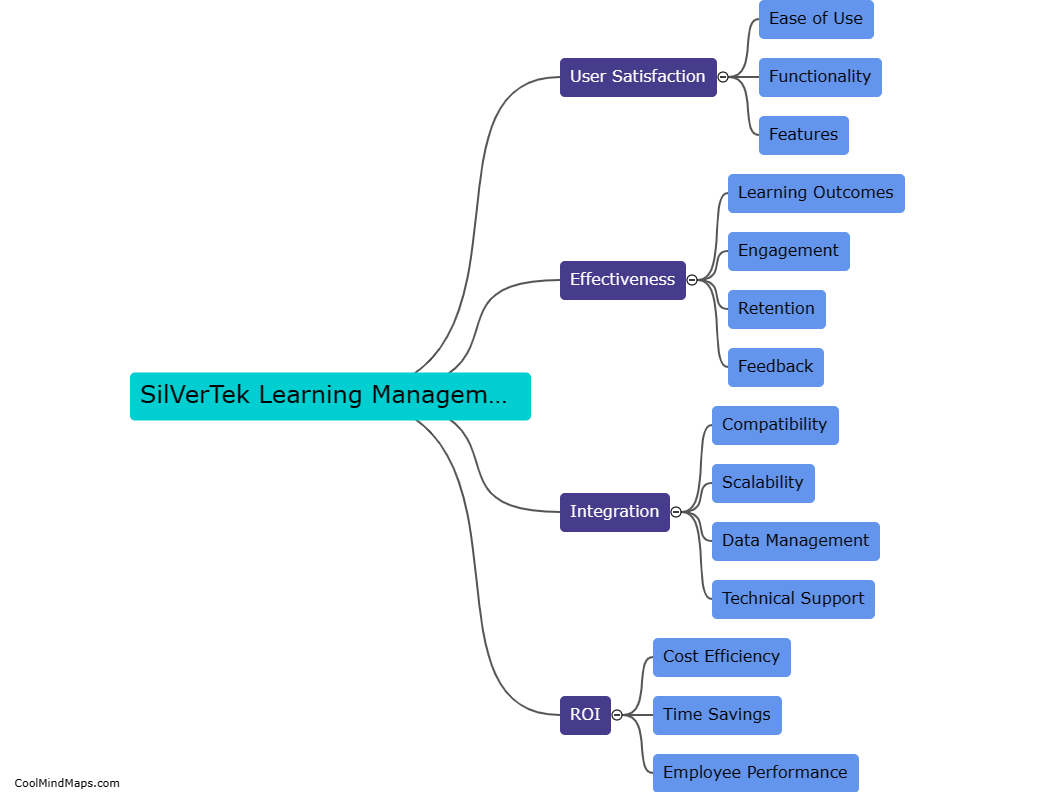What is object-oriented programming?
Object-oriented programming (OOP) is a programming paradigm that organizes code into objects, which are instances of classes. It focuses on the concept of objects, data, and methods, rather than just procedures and functions. In OOP, objects encapsulate both data and the operations that can be performed on that data. This approach allows for modular, reusable, and maintainable code. Key principles of OOP include encapsulation, inheritance, and polymorphism. Encapsulation ensures that the data within an object is protected and only accessible through defined methods. Inheritance allows for the creation of sub-classes that can inherit attributes and behaviors from a parent class. Polymorphism allows objects of different types to be treated as objects of a common type. OOP is widely used in various programming languages, such as Java, C++, and Python, to build complex software systems.
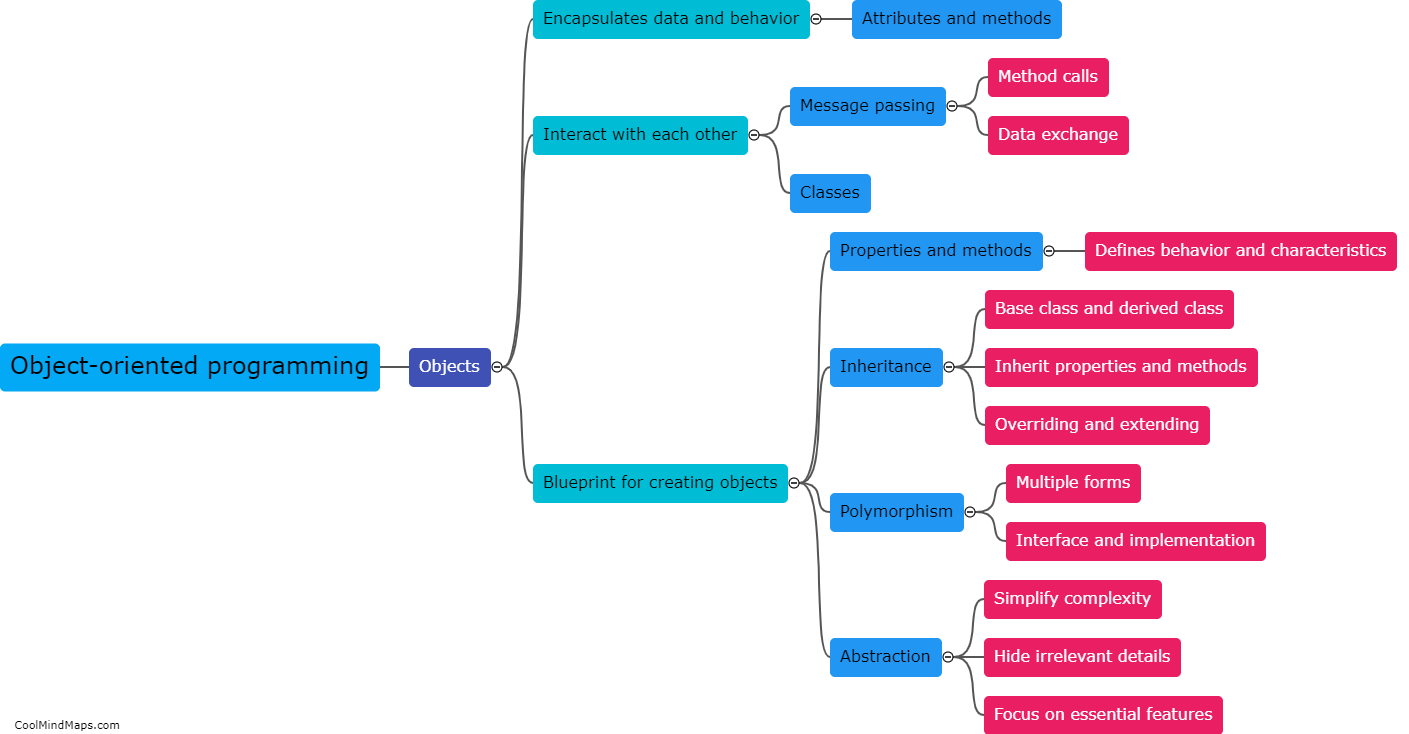
This mind map was published on 27 November 2023 and has been viewed 220 times.
